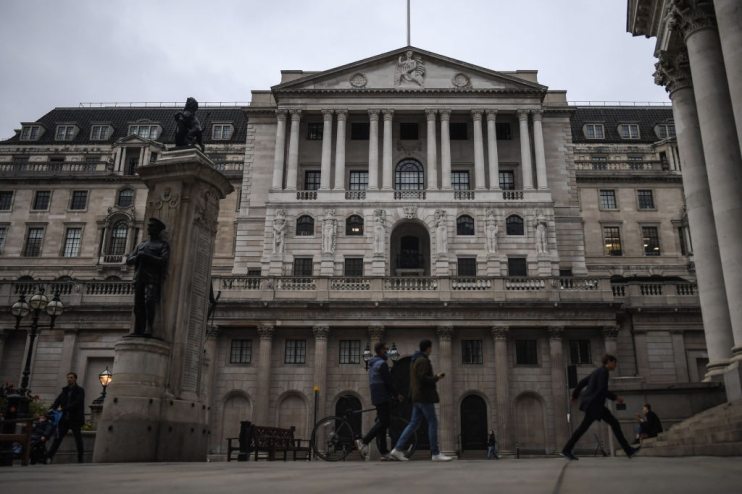Inflation could surge beyond our bleakest forecast, BoE rate setter warns

A member of the Bank of England’s group of rate setters has today warned inflation could surge above its own worst expectations.
Michael Saunders, an external member of the monetary policy committee (MPC), said unless interest rates keep rising, “inflation pressures [will] probably be greater and more persistent” than the Bank expects.
The alert chimes with separate comments today from the Bank’s former chief economist predicting inflation will climb above 10 per cent this year.
Speaking to LBC, Andy Haldane said the elevated cost of living is “certainly going to be the duration of this year, and I think prospectively, well into next or even the year beyond”.
Threadneedle Street should have lifted rates much sooner to tamp down on what it now expects to be the quickest inflation since the early 1980s, Haldane said.
Other former rate setters have accused governor Andrew Bailey and co of being too slow to rein in policy in the second half of last year.
The Bank last week said a pull back in consumer spending in response to one of the sharpest falls in living standards since records began may tip the UK economy into recession soon.
It upgraded its peak inflation projection to just over 10 per cent. It is already running at seven per cent, its highest level since 1992.
Despite the central bank downgrading GDP growth forecasts, the MPC voted 6-3 in favour of sending interest rates 25 basis points higher to one per cent, their highest level in 13 years.
The three dissenters, including Saunders, backed a 50 basis point rise in an effort to clamp down on intensifying inflationary pressures.
Higher borrowing costs make it more attractive to save rather than spend and make it more costly for firms to invest, in theory weighing on demand and cooling price rises.
Steepening price expectations leading to unsustainable wage growth that is unmatched by productivity gains is the biggest risk to inflation becoming entrenched in the UK economy, Saunders warned.
“We should lean strongly against” inflation expectations, he said, adding if these get out of control, “the process of re-anchoring [them] could be very costly in economic terms”.
The Bank would have less room to manoeuvre to cushion the economy through shocks if markets stopped believing it is serious about meeting its two per cent inflation target.
“That credibility is not infinite and cannot be taken for granted,” he said.
Saunders will step down from the nine-member MPC in August. The Treasury is concluding the final stages of finding his replacement.